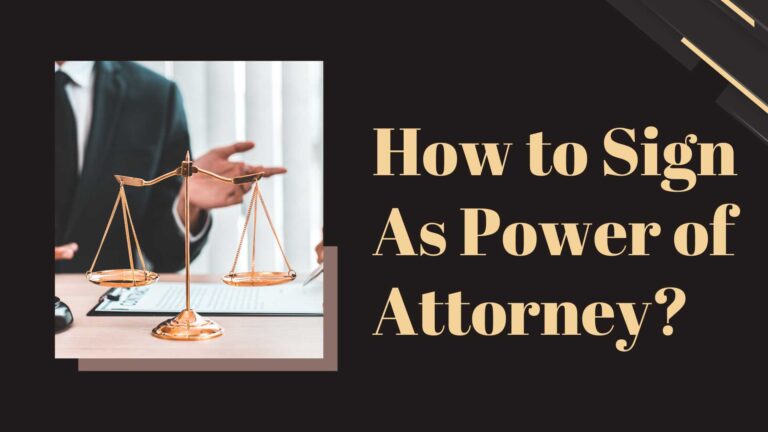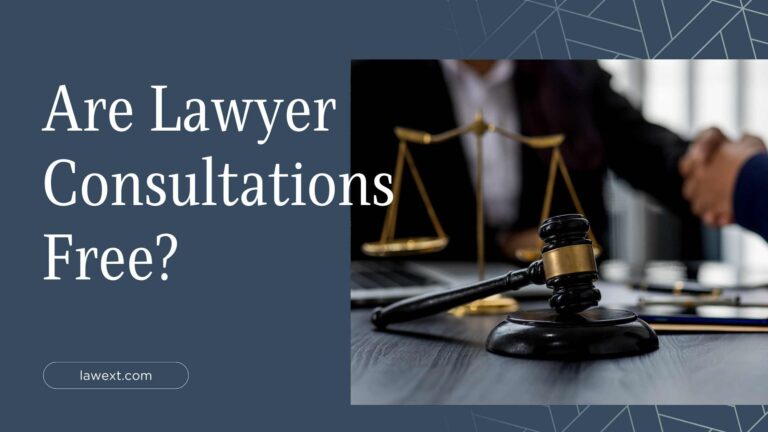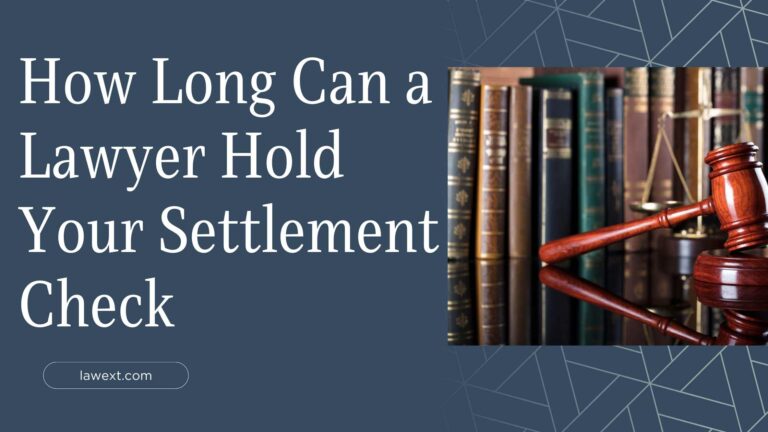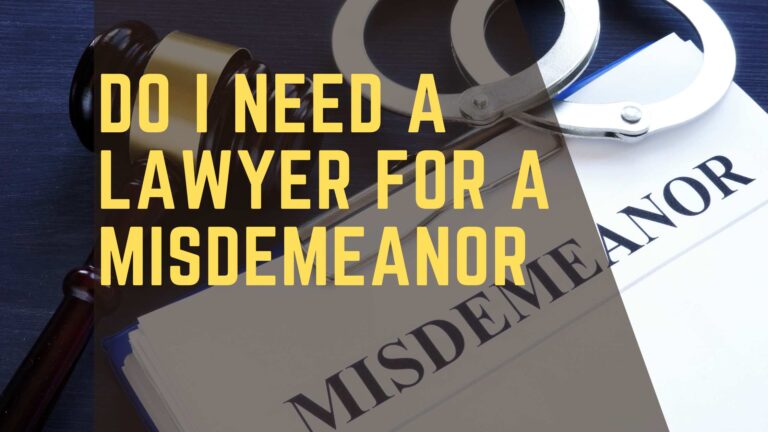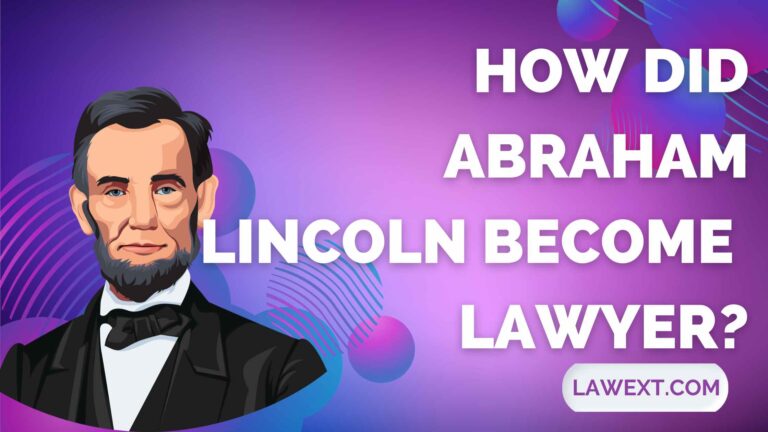What to Do When Lawyer Withdraws from a Case?
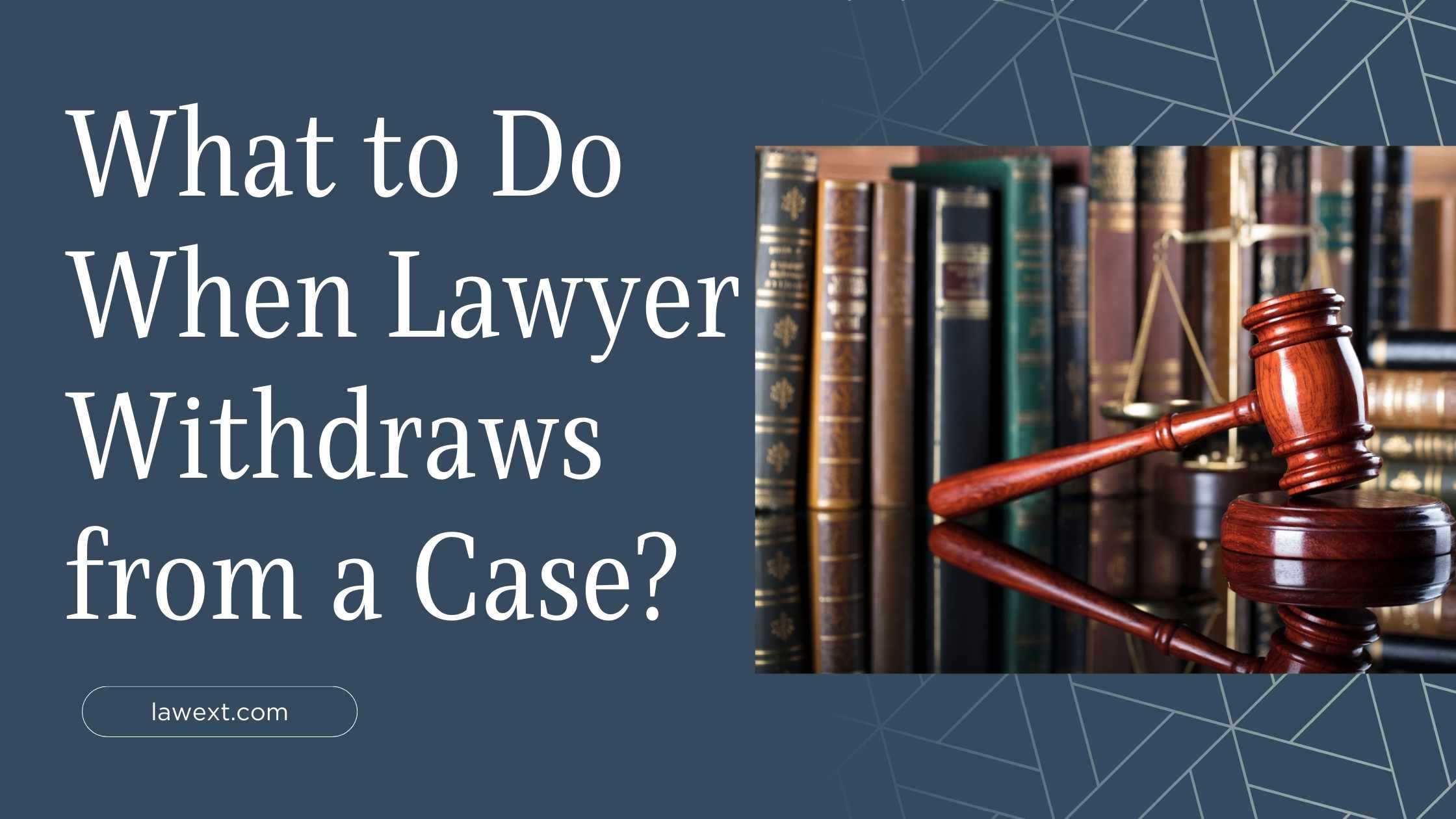
If your lawyer withdraws from a case, promptly seek a replacement and review your withdrawal notice for the next steps. Ensure clear communication with the court regarding this change.
Table of Contents
Navigating legal challenges can be daunting, especially when the unexpected occurs, such as your attorney withdrawing from your case. This can happen for various reasons, including conflicts of interest, non-payment of fees, or ethical concerns. It’s crucial to act swiftly and decisively.
What to Do When Lawyer Withdraws from a Case? Your immediate course of action should be to secure alternative legal representation to avoid jeopardizing your case’s progress. During this transition, remain informed and proactive; examine the notice of withdrawal for specific instructions or stipulations. Communication with the court is essential to maintain the integrity of your case and to alert the judicial system to the shift in representation. Keep all documentation organized, as this will facilitate a smoother handover to your new lawyer. Remember, a change in legal aid doesn’t signify an end to your legal journey but a necessary detour towards resolution.
Initial Reactions To Your Lawyer’s Withdrawal
Facing the sudden news of your lawyer’s withdrawal from your case can feel like a heavy blow. Immediate steps are crucial to keep your legal matter on track and manage personal stress.
Assessing The Immediate Impact
Review your case status and upcoming deadlines. Confirm any court dates, and look into how the withdrawal might affect these key details. It’s time to strategically think about your next legal steps.
- Gather all case documents
- Check for pending actions or filings
- Review the terms of your agreement with the lawyer
Handling Emotional Responses
Breathe deeply and acknowledge your emotions. It’s perfectly normal to feel stunned, anxious, or upset about this unexpected change. An organized approach helps regain a sense of control.
- Accept your feelings as a normal reaction
- Talk to a supporter or family member
- Stay focused on practical next steps
Understanding The Reasons Behind The Withdrawal
When a lawyer steps away from a case, it stirs up concerns. Knowing why this happens is crucial. Lawyers have strict rules they follow. These rules sometimes force them to stop working on a case. Other times, the relationship with their client may fall apart. Clients need to grasp these reasons. Let’s explore some of these situations.

Ethical Obligations
Laws and ethics guide a lawyer’s actions. They have duties to the court and the law. If conflicts of interest arise, they must withdraw. They also cannot support false statements. This keeps the legal process fair and honest.
- Conflict of Interest: They can’t serve if their interests clash with yours.
- Fraud: They can’t stay if they know you are not telling the truth.
- Legal Compliance: They must follow the law, or they could face penalties.
Breakdown Of Attorney-client Relationship
Trust between a lawyer and a client is key. Without trust, they can’t work effectively. Communication breakdowns lead to problems. If clients don’t cooperate or ignore advice, lawyers might have to leave the case.
- Lack of Communication: Both sides need to stay in touch.
- Poor Cooperation: Clients must share info and listen to legal advice.
- Non-Payment: Lawyers need to be paid for their services.
Legal Implications Of A Lawyer’s Withdrawal
Understanding the legal implications of a lawyer’s withdrawal can feel daunting. It often leads to confusion and concern about the case’s future. Both clients and the courts must navigate specific legal protocols to maintain fairness and order throughout the legal process.
Court Approval Requirements
If a lawyer decides to withdraw from a case, they can’t simply walk away. They must obtain court approval. This often involves a formal motion and hearing. The court reviews the reasons for withdrawal to ensure they are valid and do not harm the client’s interests.
Impact On Case Timeline
- Postponements: Expect delays as the court may need to reschedule.
- Finding new representation: Seeking a new lawyer can stall proceedings.
- Resolving pending matters: The former lawyer needs to transfer all case-related materials to the client or new counsel, which takes time.
Despite potential setbacks, clients must act quickly to minimize the disruption to their case.

Steps To Take Following Withdrawal Notification
Finding out your lawyer can no longer represent you mid-case can be daunting. It’s crucial to act swiftly to keep your case on track. Follow these essential steps carefully after a lawyer withdraws from your case.
Securing Your Legal Documents
Your legal documents are the backbone of your case. Ensure you have all your paperwork in order immediately after your lawyer’s withdrawal notification.
- Request a complete copy of your case file.
- Check for any missing documents and ask for these promptly.
- Organize documents chronologically for ease of reference.
Requesting A Referral
Finding a new lawyer can be smoother with a referral. Your previous attorney might suggest other professionals suitable for your case. Take these steps:
- Ask your withdrawing lawyer for recommendations.
- Research each recommended lawyer thoroughly.
- Contact them to discuss your case and their availability.
Remember to review their experience and client testimonials before making a choice. Quickly securing representation minimizes disruptions to your case. Stay proactive and informed throughout this transitional phase.
Finding And Vetting A New Legal Representative
Finding a new lawyer can seem daunting. Your previous attorney’s departure might leave you feeling uncertain. It’s important to act quickly. The legal process won’t stop for your search. Follow these steps to secure a new legal representative promptly and effectively.
Researching Potential Lawyers
Start by gathering a list of potential lawyers. Focus on those with the expertise in your case area. Use online legal directories to aid your search. Look for reviews and ratings to gauge past client satisfaction. Consider the lawyer’s location, availability, and language fluency if important for your case.
- Use online legal directories: Websites like Avvo, Martindale-Hubbell, and the American Bar Association provide detailed lawyer profiles.
- Check expertise: Select lawyers who have experience in cases similar to yours.
- Read reviews: Client testimonials are insightful. They can reveal a lawyer’s strengths and potential challenges.
- Confirm credentials: Ensure the lawyer is licensed and in good standing with the local bar association.
Interviewing And Selection Process
After shortlisting candidates, reach out to them. Many lawyers offer free consultations. Prepare questions in advance. Inquire about their experience, approach to cases, and fee structure. Communication style and comfort level also matter. Select the lawyer who best fits your needs and budget.
Interview Topic Details to Discuss Experience Ask about their track record with similar cases. Case Approach Understand how they plan to handle your case. Communication Gauge how well they explain legal concepts and provide updates. Fees Clarify costs, billing methods, and additional expenses.
- Set up consultations: A personal meeting can reveal much about the lawyer’s approach and personality.
- Ask direct questions: Get clarity on all aspects of their service.
- Discuss strategy: A capable lawyer will have a clear plan for your case.
- Consider compatibility: Choose someone you’re comfortable working with.
Managing The Transition Without Losing Ground
Discovering your lawyer has withdrawn from your case can be unsettling. Stay composed and focused on the end goal. A robust plan keeps your legal proceedings on track, ensuring no valuable time or information slips through the cracks.
Facilitating A Smooth Handoff
A lawyer’s withdrawal demands immediate action. Begin by seeking a new legal representative.
- Gather all case documents.
- Contact your former lawyer to discuss the transition.
- Ensure your new lawyer reviews these files promptly.
Open communication with both parties simplifies the exchange. Address any financial or procedural concerns before proceeding. This foresight will protect your case’s continuity.
Adjusting To A New Strategy
Change often brings fresh perspectives. Your new lawyer could offer innovative strategies that benefit your case.
- Discuss the previous approach and any new ideas.
- Set clear expectations with your new legal team.
- Stay active in decision-making and open to adaptations.
Anticipate a period of adaptation. Trust that your participation is crucial for a seamless transition. Your resilience will ensure that your legal matter moves forward without losing ground.
Protecting Your Legal Rights Post-withdrawal
When your lawyer withdraws from a case, protecting your legal rights becomes your top priority. Immediate action ensures the legal process continues smoothly and your case doesn’t suffer. It may feel overwhelming, but understanding your responsibilities and communicating efficiently with the courts will place you back in control. Let’s delve into how you can maintain your rights and keep your case on track.
Understanding Your Responsibilities
After an attorney withdraws, know your duties to prevent your case from stalling. You must act swiftly to safeguard your interests.
- Review your attorney‘s notice of withdrawal for instructions and deadlines.
- Identify and gather all legal documents related to your case.
- Seek a new lawyer to avoid unrepresented time in court.
- Understand the timeline; you might need to request a case extension.
Communicating With The Courts
Court communication is critical post-withdrawal to ensure your voice is heard. Follow these steps:
- Inform the court immediately about your lawyer’s withdrawal.
- File any necessary notices or motions with the court’s guidance.
- Always appear for scheduled hearings, even without legal representation.
- Maintain organized records of all communications for reference.
In summary, a lawyer’s withdrawal needn’t derail your case. Your swift action, from understanding your duties to speaking with the courts, keeps your legal journey on course and your rights intact.
Conclusion
Facing a lawyer’s withdrawal can be unsettling. Act swiftly to protect your interests. Seek new legal counsel promptly and ensure your case stays on track. Remember, understanding your rights and options is crucial for a seamless transition. Secure your legal position and move forward with confidence.
Amelia Justiceberg, a distinguished legal luminary, thrives on the intersection of empathy and legal acumen. As a prominent family law attorney, she orchestrates compassionate resolutions amidst complex dynamics. Justiceberg's courtroom finesse and dedication to fairness define her practice. Beyond litigation, she ardently advocates for social justice, solidifying her reputation as an influential force in the legal landscape.

